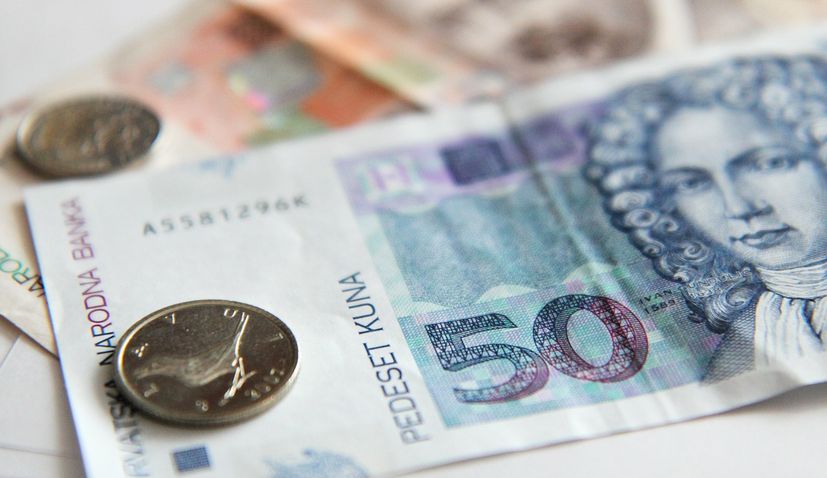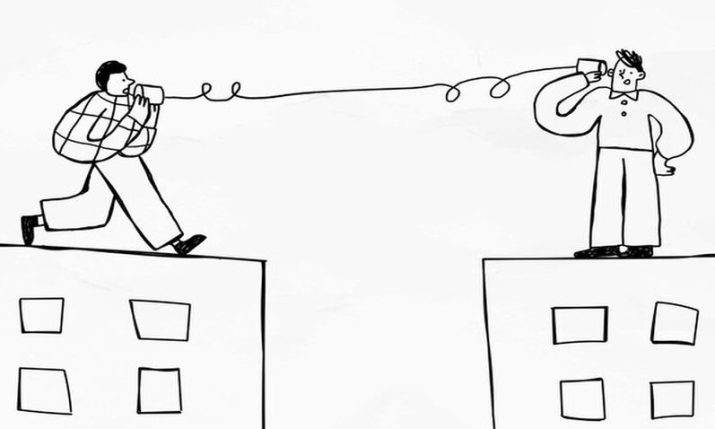Moratorium on debt enforcements in Croatia ends
- by croatiaweek
- in Business

ZAGREB, Oct 18 (Hina) – The moratorium on debt enforcements ends on Monday, October 19, and according to available data, citizens owe the biggest amount of money to financial institutions.
Citizens owe the biggest amount of money to banks, which includes loans and credit card bills, so the debt to the financial sector amounts to 35% of the total debt.
The most common creditors are from the telecommunications sector, but the total debt to them accounts for less than 5%.
Utility debts, including water, gas and electricity bills, make up 1.6% of the total debt.
Enforcement to be carried out in three phases
Debt enforcement will be conducted in three phases, starting on October 19, November 20 and January 20.
In the first phase, enforcement decisions made on the basis of applications received by June 30 will be issued, those received by August 31 will be issued in the second phase, and in the third phase decisions made on the basis of applications received by October 18 will be issued.
Most citizens owe up to HRK 10k
Data from the Financial Agency’s (FINA) system for execution of enforcement over monetary assets have shown that the largest number of enforcement debtors, 109,000 or 46% of citizens with blocked bank accounts, owed up to HRK 10,000, while the total amount of their debt was HRK 396 million.
For every third enforcement debtor, the creditor is a bank or another financial institution, FINA has said.
FINA’s data have also shown that 1,475 citizens owe as much as HRK 6.7 billion, or 40.2% of the total debt of citizens, which amounts to HRK 16 billion.
Among them, there are even those who owe about HRK 30 million.
There are 101,500 citizens who owe more than HRK 10,000 but less than HRK 100,000, and their total debt is HRK 3.6 billion.
Amendments to Act on Execution of Enforcement over Monetary Assets
On April 18, FINA stopped executing enforcement over monetary assets of a total of 244,865 enforcement debtors who are natural persons. The execution of 1,089,620 enforcement procedures was halted, and the total amount of uncollected debt was HRK 23.9 billion.
Mid-July, the government extended the moratorium on enforcement over monetary assets of citizens and natural persons, as well as on the execution of all enforcement procedures.
Prime Minister Andrej Plenkovic said on Wednesday in a government session that he expected there would be fewer enforcements than before the measures were adopted.
This week, amendments to the act on execution of enforcement over monetary aseets were put to public consultation, and Justice and Public Administration Minister Ivan Malenica said that the government had shown that it was sensitive about social matters since enforcement procedures would be about HRK 600 cheaper, and Christmas and Easter bonuses, as well as other social benefits, would be exempt from enforcement.
Association of enforcement debtors: Amendments are unfair
An assocation of enforcement debtors said on Saturday that national security had to be taken into account when working on the act on execution of enforcement at such extraordinary times, and said that amendments to that law could not be accepted because the law was unfair and carried too many risks.
The association said in its press release that it was impossible to predict all social implications the “new normal” would have, noting that the coronavirus pandemic was redefining the face of the world and Croatia.









